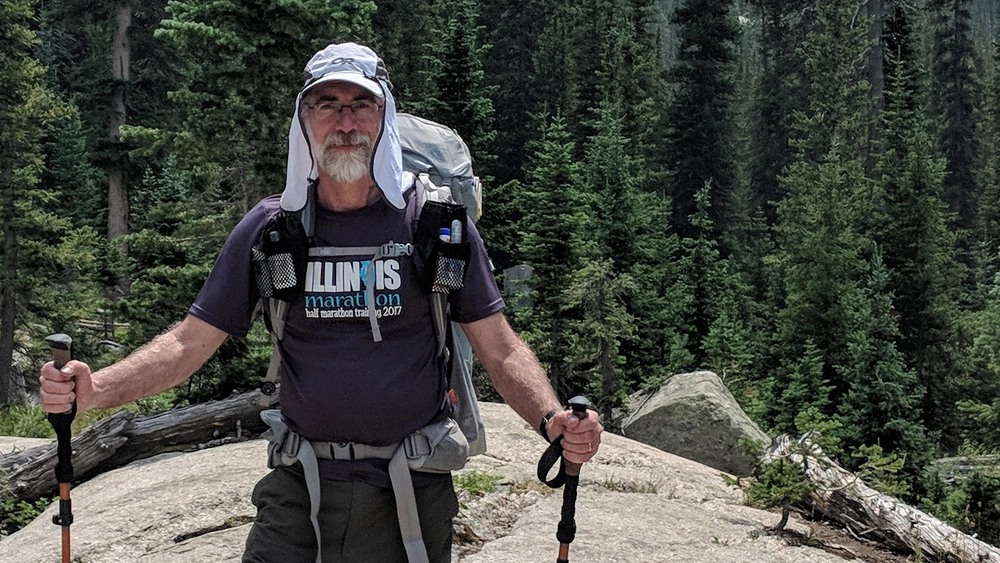
From weakly electric fish to a robotic cockroach to a novel approach to using wireless networks for emergency response, Mark E. Nelson’s research career exemplifies the success of an interdisciplinary approach through his work in the Department of Molecular and Integrative Physiology and the Beckman Institute.
And why wouldn’t it? When Nelson accepted his first academic position 28 years ago, he not only joined the Illinois faculty as an Assistant Professor in the department that is now Molecular and Integrative Physiology, but he joined the Beckman Institute as a full-time faculty member.
At that time, Beckman had been open only two years and was one of the first institutes designed for collaborative research.
“I can't imagine a better place to do this sort of work,” said Nelson, who lists his research interests as computational neuroscience, neural coding, and biological signal processing. “(My research has) included physics, biology, robotics. When I interviewed here. I thought, ‘Oh, this is perfect.’ And it has just always been a natural fit.”
Nelson, now a full professor, also serves as associate head of molecular and integrative physiology, and throughout his career, he has held appointments with the Beckman Institute, bioengineering, biophysics, and neuroscience.
With his Ph.D. from the University of California, Berkeley, he might have gone on to be a content experimental high energy physicist, but everything changed with his postdoctoral research studies at CalTech, where he became involved in a new program called computation and neural systems.
“The program brought together neurobiologists, engineers, and computer scientists to try and study the brain from a cross-disciplinary perspective,” Nelson said.
